The newspaper is in all it's literalness the bible of democracy, the book out of which a people determines it's conduct
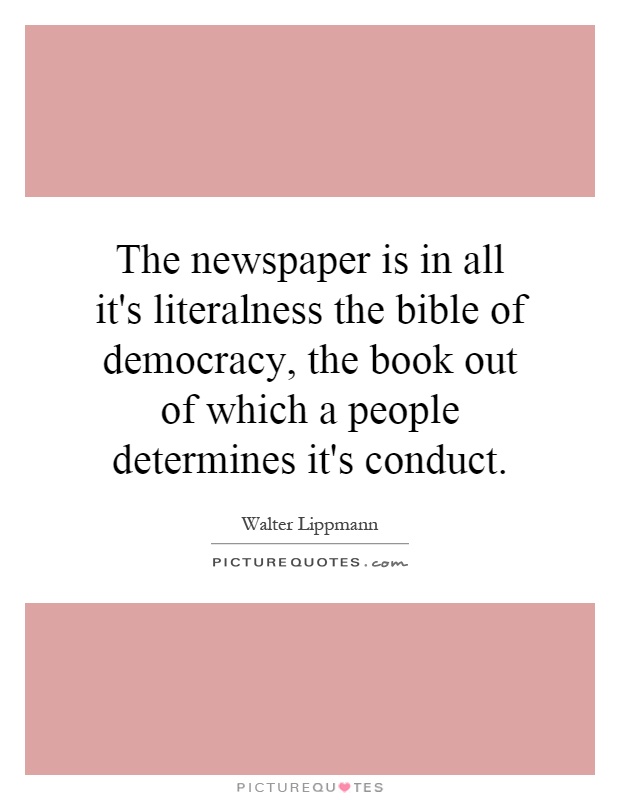
The newspaper is in all it's literalness the bible of democracy, the book out of which a people determines it's conduct
Walter Lippmann, a prominent American journalist and political commentator, believed that the newspaper played a crucial role in shaping democracy and influencing public opinion. In his book "Public Opinion," Lippmann argued that the newspaper was the "bible of democracy," serving as a guide for citizens to make informed decisions and participate in the democratic process.Lippmann believed that the newspaper was not just a source of information, but a tool for shaping public opinion and influencing political discourse. He saw the newspaper as a powerful force that could shape the beliefs and values of society, and ultimately determine the conduct of a people. In this sense, the newspaper was more than just a medium for reporting news – it was a key institution in the functioning of democracy.
Lippmann's views on the role of the newspaper in democracy were influenced by his belief in the importance of an informed and engaged citizenry. He believed that in order for democracy to function effectively, citizens needed access to accurate and reliable information. The newspaper, with its ability to reach a wide audience and provide in-depth analysis of current events, played a crucial role in fulfilling this need.
Lippmann also recognized the power of the newspaper to shape public opinion and influence political decision-making. He believed that the media had the ability to frame issues in a way that influenced how people perceived them, and ultimately how they acted on them. In this sense, the newspaper was not just a passive observer of events, but an active participant in shaping the political landscape.
Overall, Lippmann's views on the newspaper as the "bible of democracy" highlight the important role that the media plays in shaping public opinion and influencing political conduct. In today's digital age, where information is more readily available than ever before, Lippmann's ideas are more relevant than ever. The newspaper, in all its literalness, continues to be a key institution in the functioning of democracy, providing citizens with the information they need to make informed decisions and participate in the democratic process.
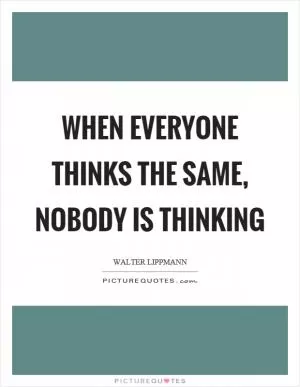
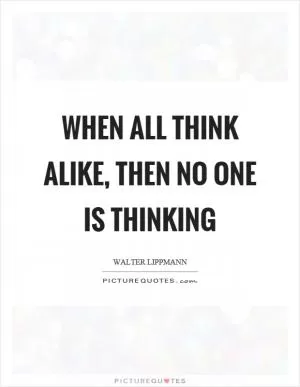

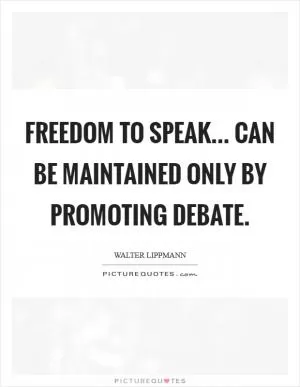



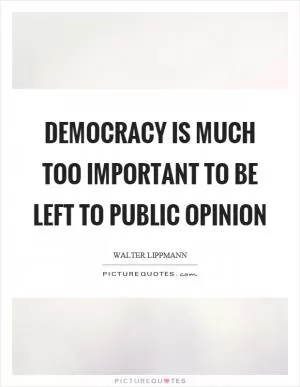
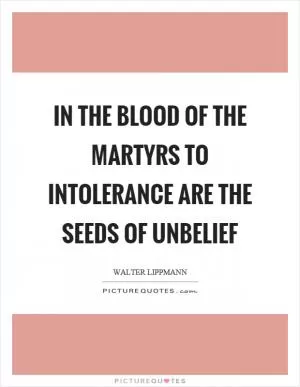

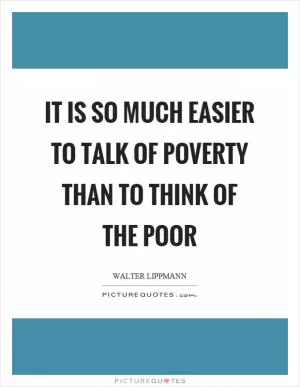

 Friendship Quotes
Friendship Quotes Love Quotes
Love Quotes Life Quotes
Life Quotes Funny Quotes
Funny Quotes Motivational Quotes
Motivational Quotes Inspirational Quotes
Inspirational Quotes